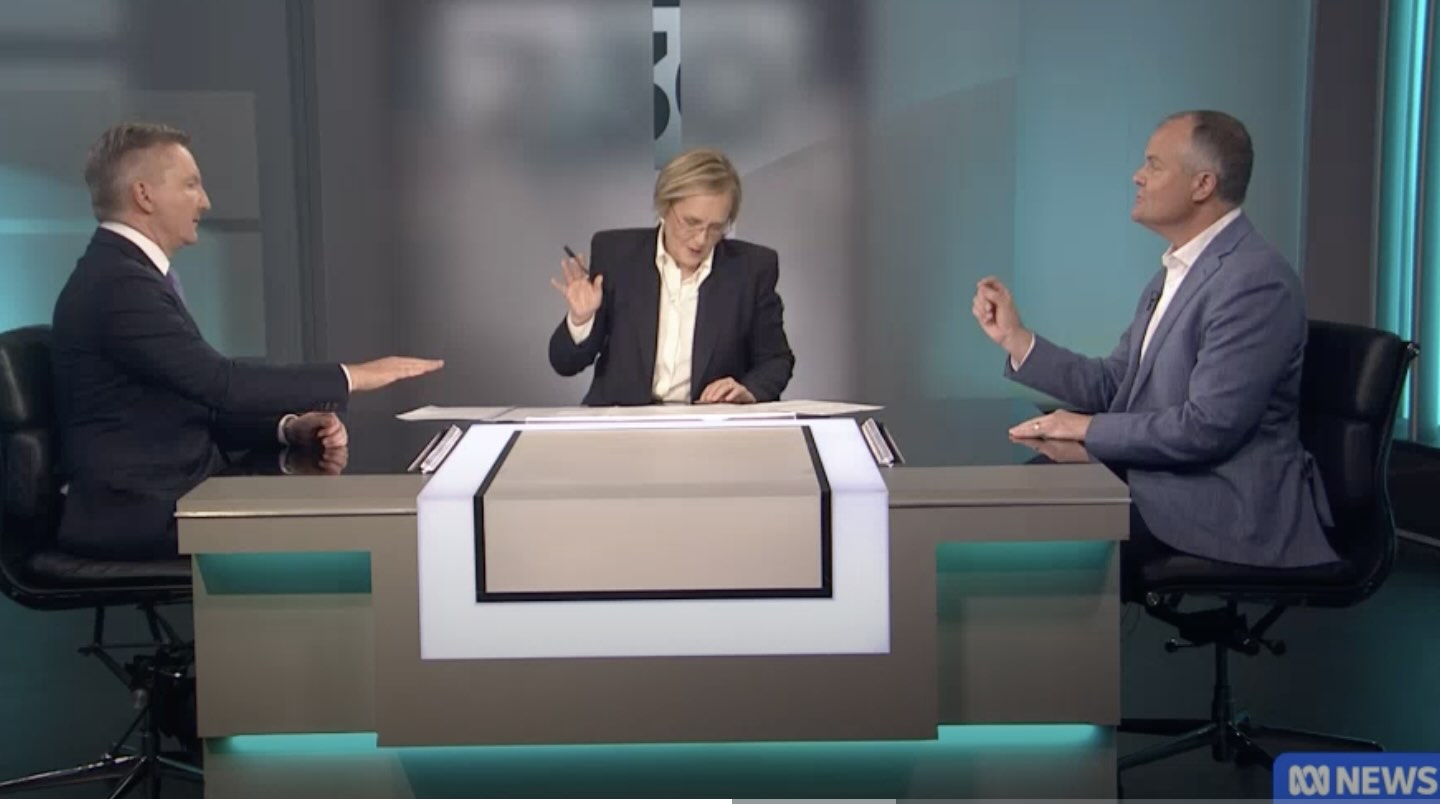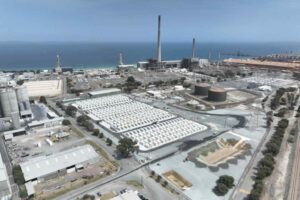Just a word of caution to our readers at this early point: Please, do not try to make sense of the federal Coalition’s energy policies, as far as we know them. They seem to be a random collection of bizarre suggestions from a group of people whose collective understanding of energy markets might comfortably sit on a sixpence.
The latest policy thought bubble has come from Ted O’Brien, the opposition energy and climate (at least we think that’s in his portfolio, but it is getting hard to tell).
His latest suggestion, according to a story published in the Murdoch “flagship” newspaper The Australian on Wednesday, is to walk back last year’s inclusion of the environment, known officially as “value of emissions reduction” as part of the National Electricity Objective.
Many readers will remember how environment was suddenly stripped from the NEO by the Howard government in the late 1990s as the design of the then new National Electricity Market (NEM) was finalised. Its absence cruelled efforts to replace high polluting fossil fuels with cleaner and smarter energy alternatives.
It was finally included in early 2023, with the full agreement of all state and federal ministers, and it is not surprising that the current Coalition leadership would want it removed again, given their determination to keep burning coal for as long as they can, and to burn more gas as well.
But O’Brien’s reasoning took on bizarre proportions in The Australian article. He seems to be under the misapprehension that the VER is included in the Australian Energy Market Operator’s Integrated System Plan, the 25 year blueprint for a green energy grid hated by the Coalition and the nuclear lobby that pulls its strings.
He accuses Labor of introducing a carbon price by stealth. “One of the problems with Labor’s approach to electricity is that it’s been secretly applying a shadow carbon price, which acts like a carbon tax in system modelling to make coal look far more expensive than it really is,” O’Brien said.
“Once you add that in, you make uneconomic projects look economic and our existing coal fleet looks really expensive.” In a
Just for the record, the VER is not included as a cost in the ISP, although AEMO does note the value of emissions reductions of having more renewables. Nor is the VER a “carbon tax” that will be added to consumer bills, as O’Brien claimed. It is a way of calculating the value of an investment, not its cost.
The big concern about the suggestion to dump environment and climate concerns from the NER is that it seems to confirm that the Coalition’s push for nuclear power has little or nothing to do with emissions reductions, but is all about extending coal.
The fight to keep average global warming close to 1.5°C as we can – it may already have gone passed it – requires urgent and deep emissions cuts now and in the next decade, not some time beyond 2040 when the first nuclear power plants might be built in Australia.
It adds to the total confusion about the Coalition’s energy and climate policies. Peter Dutton in the past week has talked of ripping up contracts and cancelling offshore wind zones, adding to the Nationals threat to also rip up contracts under the Capacity Investment Scheme.
The Nationals also appear keen to abandon the net zero by 2050 target. That target is already taken as an excuse by many to delay action, and dumping it altogether would be an admission that the federal Coalition has no interest in cutting emissions or acting on climate change.
It also follows the Coalition’s decision to attack the umpire, or in this case the country’s premier scientific body, the CSIRO, because it does not like the conclusions of its GenCost report, which says that – after investigating various Coalition complaints about its previous studies – nuclear is still too costly, and too late.
Federal energy minister Chris Bowen says a Coalition government would need agreement from the states and territories if it was to change or get rid of the mechanism, which is not likely to happen.
“If Ted O’Brien doesn’t understand the energy market, he can’t be minister for energy,” Bowen said.








